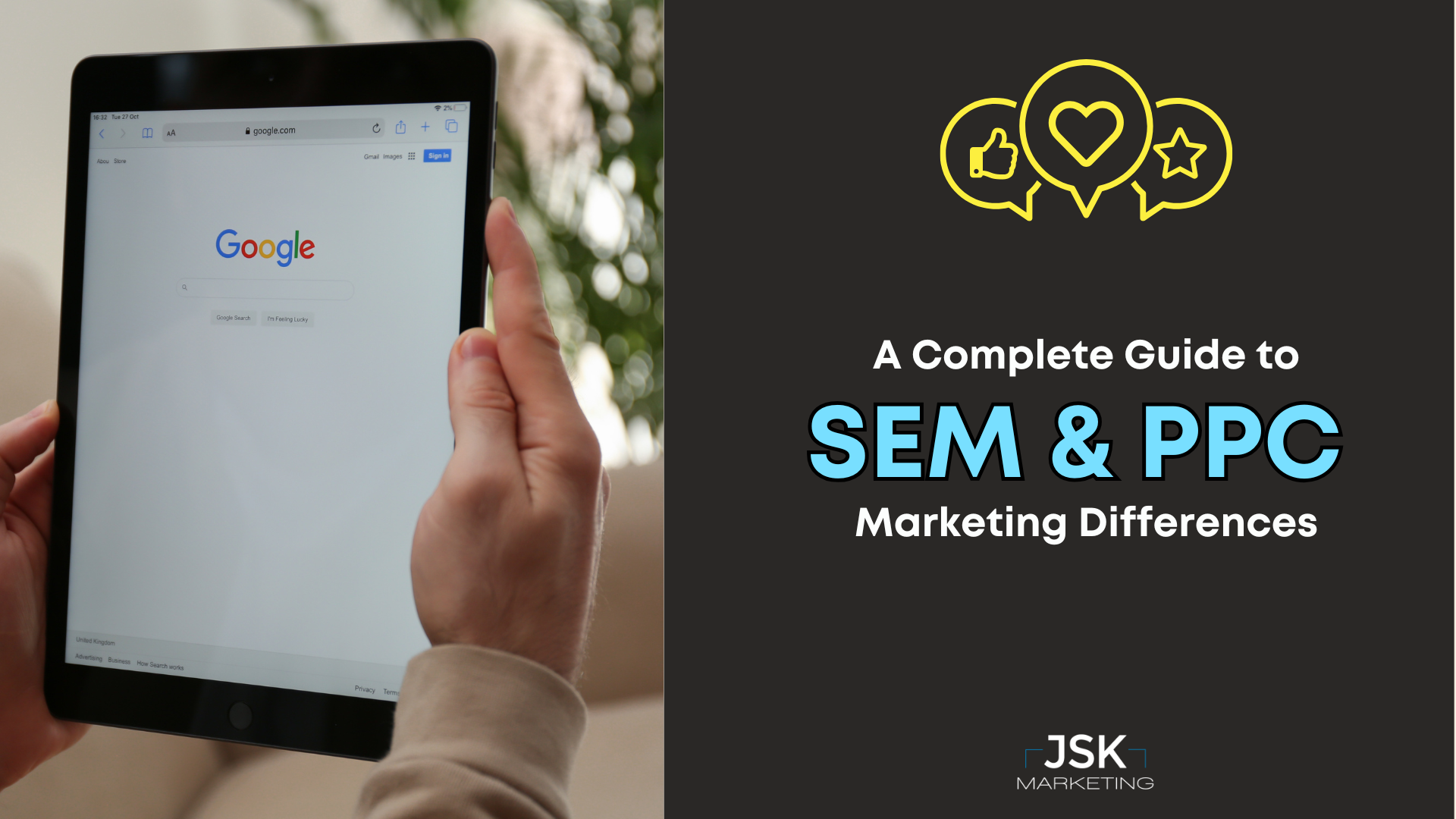
In a recent blog post, we discussed Google’s decision to phase out support for third-party cookies in their Chrome browser by 2023 that will ultimately affect two areas for marketers: measurement (conversion tracking) and audience targeting. While third-party cookies have been key in digital marketing over the past several years, the rising concern over user privacy has launched Google into changing the methods of collecting user data overall by introducing new cookie alternatives.
Earlier this year, Google announced (again) a change in their plans for eliminating third-party cookies by introducing Google Topics, another Privacy Sandbox proposal that will replace Federated Learning Cohorts (FLoC). If your head is spinning with all of the changes and updates, you are not alone! In this blog post, we will discuss Google Topics and how that plays into the future of a cookie-less world.
The Privacy Sandbox
In order to understand Topics, we need to review the Privacy Sandbox timeline. Google launched the Privacy Sandbox initiative as a way to improve web privacy for users while also giving publishers, creators, and other developers the tools they need to build thriving businesses while also taking into consideration the safety of users on the internet. Google also understands that advertising is essential for businesses and has been key in offering free content online.
The development of the Federated Learning of Cohorts (FLoC) was proposed in 2021 as a new way for advertisers and websites to show relevant ads without tracking individuals across the web, with the idea to protect individuals’ privacy by placing them in a large crowd (cohort) of thousands of people who share similar recent browsing history without any of them being individually identified. FLoC would use open source technology that looks for clusters of similar information in groups rather than individual. An example of a cohort would be a group of people who have recently visited websites about cooking or traveling; another cohort could be people who have recently visited websites about art or fitness. This technology is used by your browser to determine which cohort corresponds closest to your recent browsing history. It also allows your personal browsing history to stay on your device and not be shared with anyone, including advertisers, and only be shared as a group instead.
The Shift to Google Topics
A year after reviewing widespread community feedback and holding FLoC trials, Google decided to pause the proposal and make a shift in 2022. While Google promised that FLoC would deliver at least 95% of the conversions per dollar spent that many advertisers see with cookie-based advertising, there was a collective thought among the ad industry that doubted this claim and never fully believed FLoC would fully take off. Fast-forward to today, where we are learning about Google Topics.
So, what exactly are Google Topics? Instead of putting anonymous users into cohorts based on interests, Topics will allow a user’s browser to determine a handful of topics, like “Travel” or “Fitness,” that correspond to the user’s top interests for the week based on browsing history. These topics are stored for 3 weeks entirely on the user’s device without involving external servers, and then deleted. When a user visits a participating site, Topics will pick just three topics to share with the site and its advertising partners. The hope is that Topics will enable browsers to give meaningful user transparency and control over personal data, and in Chrome, users will be able to see the topics, remove any they don’t like, or disable the feature completely.
The Future of a Cookie-Less World
While the introduction of Google Topics this year promises more to protect user privacy, Topics might not truly do enough to serve advertiser needs. If opt-in rates continue to be low similar to those seen with Apple’s recent iOS privacy update, this lack of data could be challenging for large brands and potentially damaging to smaller. With both consumers and advertisers strongly opposing the FLoC proposal, it’s uncertain whether Google will stick with Topics as they begin to phase out third-party cookies next year. FLoC was already trending to be less precise than third-party cookies, Topics are expected to be even less precise, only utilizing website host names and classifying users across only 350 categories with lower accuracy rates.
Whether it’s Google Topics or something entirely different, the eventual elimination of third-party cookies is around the corner, and our team is ready to navigate all of the possibilities to ensure your business is set up for success for the long term. Contact us today to get started!




